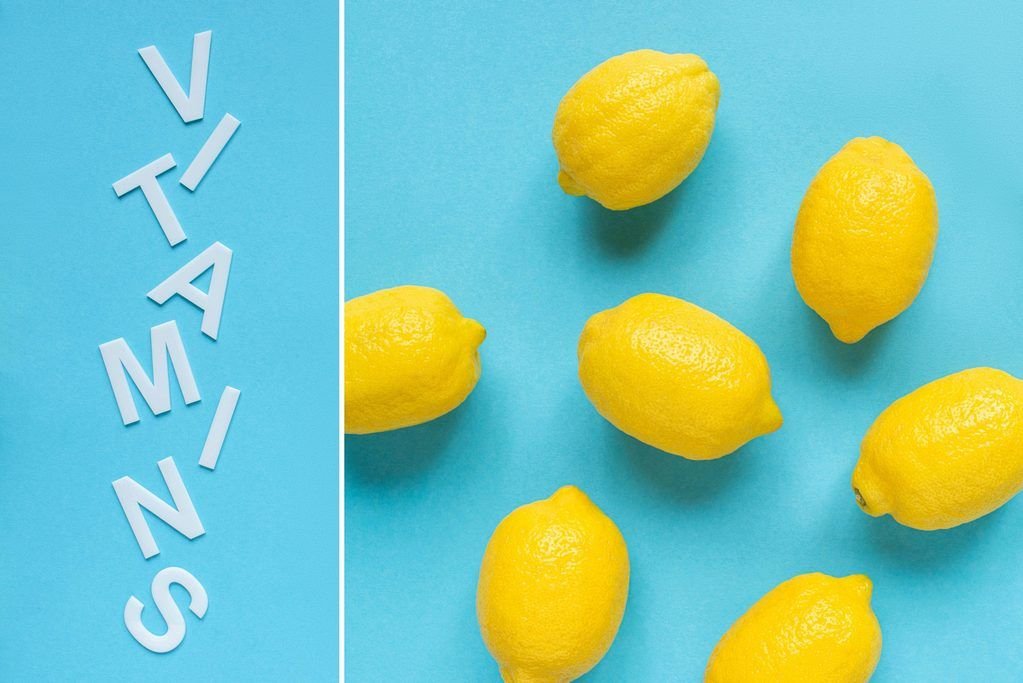Benefits of Vitamin C
The health benefits of vitamin C have been both well documented and highly debated. For instance, many people believe that taking vitamin C will keep them from catching a cold, though this isn’t really backed up by research.
There are things that vitamin C is definitely good for. It is best known as an antioxidant. It protects the body from chemical reactions that can damage the cells.
Vitamin C also helps to metabolize iron. If you plan to enjoy a meal that’s high in iron, make sure you include something that’s high in vitamin C to get the full benefit of the iron in your food.
Vitamin C is also important in the production of collagen, the protein that holds our cells together. While getting lots of vitamin C won’t necessarily keep you young, it will definitely keep your cells healthier.
In your brain, vitamin C helps make chemical neurotransmitters, like serotonin that helps regulate mood, sleep cycles, and sensations of pain. Keeping your brain well supplied could actually help you to be happier and more productive.
Vitamin C Deficiency
The disease caused by lack of vitamin C is called scurvy. Sailors on long voyages, who therefore had no access to fresh fruits and vegetables, were known to suffer terribly from scurvy before its cause was determined.
Symptoms of vitamin C deficiency include brown discolorations on the skin, weakened gums leading eventually to loss of teeth, and bleeding from the mucous membranes. These are all signs of the breakdown of collagen, the glue that holds our bodies together.
Vitamin C and the Common Cold
For years, people have believed that consuming extra vitamin C in the diet or the form of supplements would act as a protection against the common cold. Studies have shown that this claim is overstated.
For most of us, taking extra vitamin C doesn’t prevent a cold. It has, however been shown to speed up recovery in cold sufferers. So be sure to get more of this useful vitamin when you’re fighting a cold.
Food Sources of Vitamin C
For many of us, oranges and other citrus fruits are the first things that come to find when we think of vitamin C. In fact, there are many other options that are excellent dietary sources of this important vitamin.
Papayas, cantaloupes, kiwis, and berries such as blueberries, strawberries, and raspberries are all excellent sources.
Bell peppers are very high in vitamin C, especially the red ones. Sources you might not expect include broccoli, cabbage, tomatoes, and leafy greens like spinach and collard greens.
Want a fast easy serving of vitamin C? Have an orange. It sounds like a cliché, but oranges are a great source of vitamin C. Want something a little less messy? Eat a sweet red pepper.
